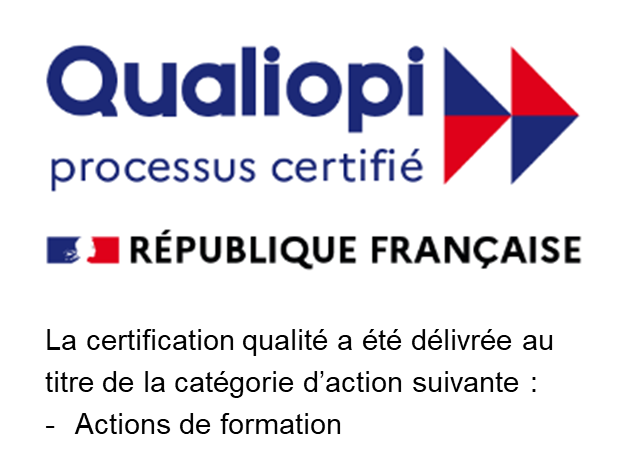Relocating partners and spouses of expatriates on assignment face a unique set of experiences and challenges that begin the moment they start to consider an international move. There can be a great deal of uncertainty surrounding their new role in the host country – whether this involves working, integrating into the community, raising a family, developing a new social network, or any combination of these.
Each international assignment is entirely unique, and NetExpat consultants all over the world work with relocating partners to help them find success abroad. In the stories below you’ll see how three individuals have made the most of their time abroad and continue to grow both personally and professionally.


















